Is Call Of Duty Cpu Or Gpu Intensive – Find Your Ideal Setup!
Call of Duty, one of the most popular game franchises in the world, offers an immersive gaming experience with stunning graphics, intense action, and detailed environments. For gamers looking to optimize performance or upgrade their setup, understanding whether Call of Duty (CoD) is more CPU or GPU intensive is key to achieving smooth gameplay.
Call of Duty is more GPU intensive, meaning it relies heavily on your graphics card for smooth visuals and performance. However, the CPU also plays a role in handling game logic and AI, especially in multiplayer modes. A good balance of both is ideal for optimal gameplay.
This article breaks down the role of both the CPU and GPU in playing CoD, helping you make informed decisions about your hardware for the best performance.
What Is Call of Duty?
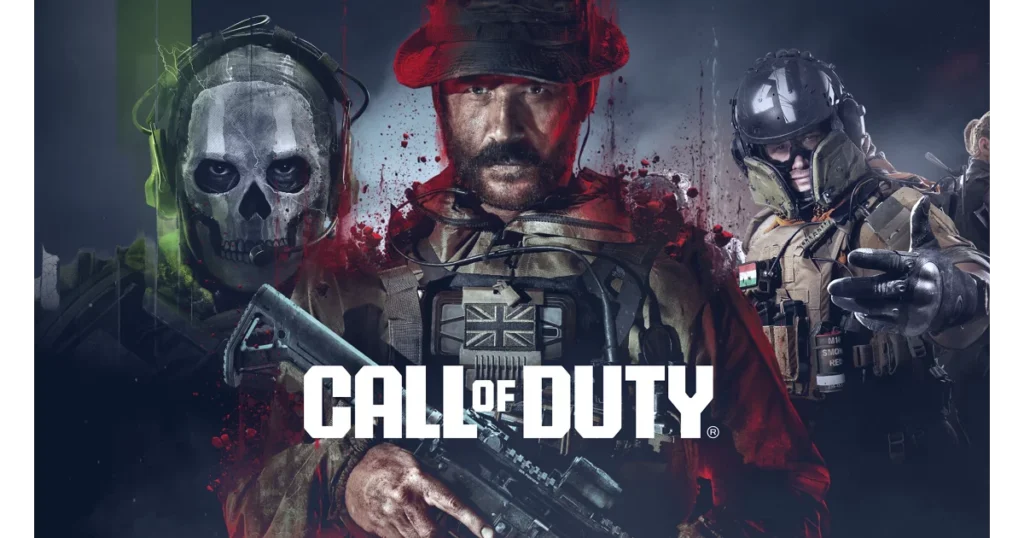
Call of Duty is a first-person shooter (FPS) game series known for its fast-paced action, complex graphics, and multiplayer experience. Titles like Call of Duty: Warzone require high-performance hardware to maintain smooth gameplay, especially at higher settings.
Understanding CPU and GPU: A Complete Guide
To figure out whether Call of Duty is CPU or GPU intensive, it’s crucial to first understand the role each component plays in gaming.
What Is a CPU?
The Central Processing Unit (CPU) is the brain of your computer. It handles general processing tasks, logic operations, and ensures that all the instructions from your games, applications, and operating system are executed. In gaming, the CPU handles tasks like AI behavior, game logic, and loading game assets.
Also Read: Is Cod Cpu Or Gpu Intensive – An In-Depth Look At Its Impact, Benefits, And Applications!
What Is a GPU?
The Graphics Processing Unit (GPU) focuses on rendering images, animations, and videos. It’s designed to handle the graphical load of your game, ensuring that textures, shadows, lighting, and frame rates are smooth and visually appealing.
Role of CPU in Gaming:
In any game, including Call of Duty, the CPU performs several critical tasks to ensure smooth performance. The CPU works with the game engine to manage logic, AI, and certain aspects of rendering, especially physics-based interactions.
How Does the CPU Affect Gaming Performance?
A strong CPU ensures that the game runs without stuttering, especially when multiple tasks are happening simultaneously (e.g., AI enemies, explosions, or multiplayer servers). For games like Call of Duty, which are designed to handle multiple players and detailed maps, the CPU plays an important role in managing these non-graphical elements.
Tasks Handled by the CPU in Games
- Game Logic: The CPU processes the core logic of the game, such as player movement, shooting, and interaction with the environment.
- Artificial Intelligence (AI): AI-controlled opponents, NPCs (non-playable characters), and their decision-making processes are managed by the CPU.
- Physics Calculations: The physics of bullet trajectories, explosions, and object interactions depend heavily on CPU calculations.
Examples of CPU-Intensive Games
Games like Civilization VI, Cities: Skylines, and Starcraft 2 are highly CPU-intensive because they require processing power to manage complex simulations and AI behavior.
Role of GPU in Gaming:
The GPU is what makes games like Call of Duty visually stunning. It handles the rendering of complex textures, lighting, shadows, and overall graphical fidelity. Without a capable GPU, your game will struggle to maintain smooth frame rates, especially at high resolutions.
How Does the GPU Affect Gaming Performance?
In GPU-intensive games, the graphics card is responsible for the visual details, such as character models, landscapes, special effects, and shading. The better your GPU, the higher the settings you can run in Call of Duty, ensuring a visually rich experience without sacrificing performance.
Tasks Handled by the GPU in Games
- Rendering Graphics: Creating lifelike images and environments.
- Shaders and Textures: Applying realistic lighting, reflections, and textures to objects.
- Frame Rate: Delivering smooth transitions between frames, ensuring a seamless visual experience.
Examples of GPU-Intensive Games
Games like Cyberpunk 2077, Red Dead Redemption 2, and Shadow of the Tomb Raider are highly GPU-intensive due to their advanced graphics and open-world environments.
Comparison Between CPU and GPU Intensity in Gaming:
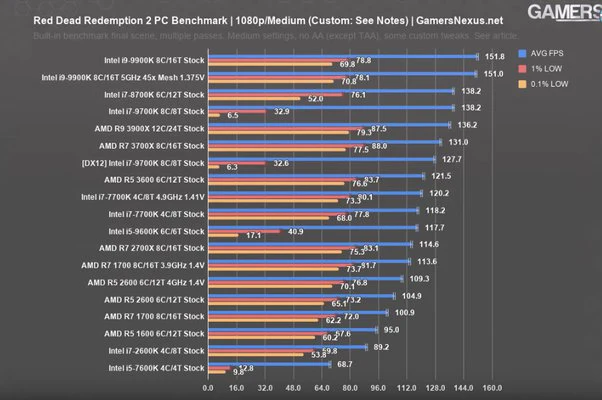
While both the CPU and GPU are important in gaming, their intensity varies from game to game. Some games, like strategy or simulation titles, lean heavily on the CPU, while graphically intense games prioritize the GPU.
Is Call of Duty CPU or GPU Bound?
Call of Duty games, particularly Warzone, are both CPU and GPU intensive but tend to lean more on the GPU side due to the game’s detailed graphics, large maps, and visual effects.
At lower settings, Call of Duty can run decently on a mid-range CPU, but to achieve high frame rates at maximum graphical settings, a powerful GPU is essential.
What Are the System Requirements for Call of Duty Warzone?
The system requirements for Call of Duty: Warzone are split into minimum and recommended categories. Here’s a simplified breakdown:
- Minimum CPU: Intel Core i3-4340 / AMD FX-6300
- Minimum GPU: NVIDIA GTX 670 / AMD Radeon HD 7950
- Recommended CPU: Intel Core i5-2500K / AMD Ryzen R5 1600X
- Recommended GPU: NVIDIA GTX 1060 / AMD Radeon RX 580
These specifications highlight the need for both a decent CPU and a strong GPU for optimal gameplay.
How to Test If Call of Duty Warzone Is CPU or GPU Intensive?
There are a few ways to determine whether Call of Duty: Warzone is more CPU or GPU bound on your specific system.
Task Manager Check
You can open your task manager (Ctrl+Shift+Esc) while playing Call of Duty and monitor CPU and GPU usage. If your CPU usage is higher than your GPU, the game may be CPU bound, and vice versa.
Benchmarking Tools
Tools like MSI Afterburner or HWMonitor can provide real-time insights into CPU and GPU usage, helping you understand which component is under more stress during gameplay.
In-Game Settings
Lowering the game’s graphical settings can indicate whether your GPU is the bottleneck. If performance drastically improves, it suggests the GPU is the limiting factor.
Profiling Software
Advanced software like Razer Cortex or OCAT can offer detailed analysis on how Call of Duty performs on your system, showing where bottlenecks occur.
Is It Possible to Play Call of Duty Warzone Without a Dedicated GPU?
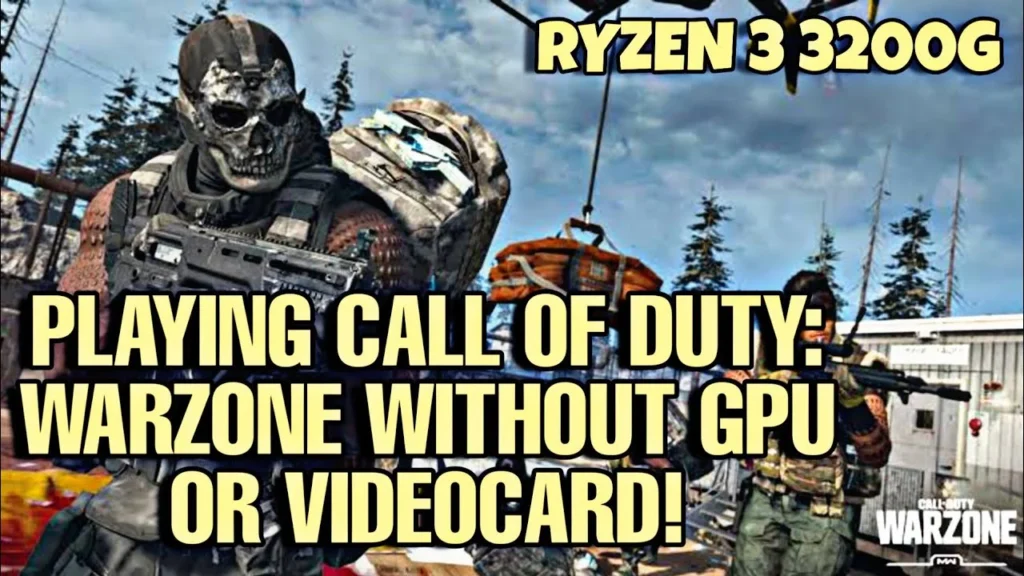
Technically, yes, it’s possible to run Call of Duty without a dedicated GPU using integrated graphics, but the performance will be poor, especially in demanding games like Warzone. To play smoothly, a mid-to-high-end GPU is recommended.
Steps to Optimize Your Gaming Rig for Call of Duty:
To achieve the best experience playing Call of Duty, follow these steps:
- Step 1: Assess Your Current Hardware: Evaluate whether your CPU and GPU meet the recommended system requirements.
- Step 2: Optimize In-Game Settings: Adjust the in-game graphics settings, such as lowering shadow quality, texture resolution, and disabling unnecessary effects to boost performance.
- Step 3: System Tweaks and Upgrades: Upgrade key components like your GPU or add more RAM if performance remains sluggish.
Comparative Analysis: CPU vs. GPU in Call of Duty
Both the CPU and GPU contribute to the overall gaming experience, but for Call of Duty, especially in visually demanding modes like Warzone, the GPU plays a more significant role in maintaining high frame rates and delivering smooth visuals.
Also Read: Is Zotac A Good Gpu Brand – A Comprehensive Guide To Understanding And Navigating!
Expert Tips for Gamers:
- Prioritize GPU Upgrades: If you’re upgrading your system, focus on getting a powerful GPU to maximize performance in Call of Duty.
- Do Not Neglect the CPU: While the GPU is crucial, having a balanced CPU helps with processing the game’s logic and AI, especially in multiplayer modes.
- Regular Maintenance: Clean your system, update drivers, and monitor temperatures to keep your gaming rig in top condition.
FAQ’s:
1. Is Call of Duty more CPU or GPU intensive?
Call of Duty is more GPU intensive, especially at higher graphics settings, but it also requires a decent CPU to manage tasks like AI and game logic.
2. Can I run Call of Duty on integrated graphics?
While possible, running Call of Duty on integrated graphics will result in poor performance, especially in demanding titles like Warzone.
3. What GPU is recommended for Call of Duty?
For smooth gameplay, a mid-to-high-end GPU such as the NVIDIA GTX 1060 or AMD Radeon RX 580 is recommended.
4. Does the CPU affect frame rates in Call of Duty?
Yes, a weak CPU can bottleneck performance, especially in multiplayer modes, reducing frame rates.
5. Can overclocking my CPU or GPU improve Call of Duty performance?
Yes, overclocking can enhance performance, but it should be done carefully to avoid overheating or system instability.
6. What are the minimum system requirements for Call of Duty: Warzone?
Minimum requirements include an Intel Core i3-4340 and an NVIDIA GTX 670, but higher specs are needed for optimal performance.
7. Does Call of Duty utilize multiple CPU cores?
Yes, Call of Duty benefits from multi-core CPUs, especially in modes with lots of AI or complex physics interactions.
Closing Remarks:
Ultimately, Call of Duty games like Warzone are both CPU and GPU intensive, but a strong GPU is often the key to ensuring a smooth gaming experience. By understanding the role each component plays, you can optimize your system for the best performance, ensuring that you enjoy the game to its fullest potential.
Read More:
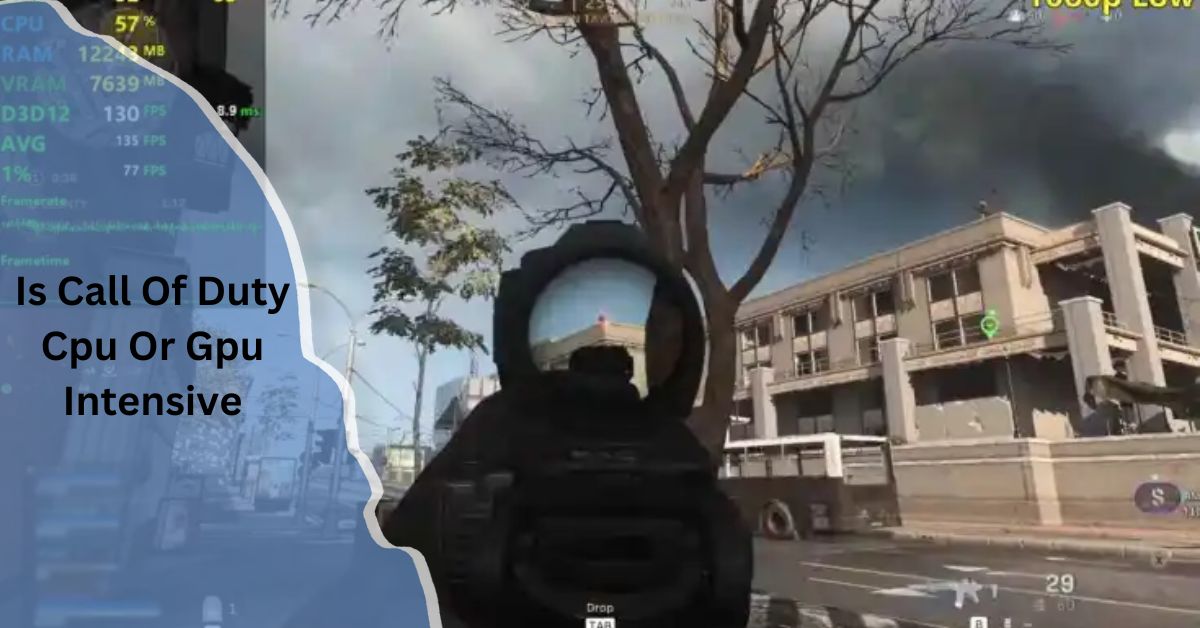
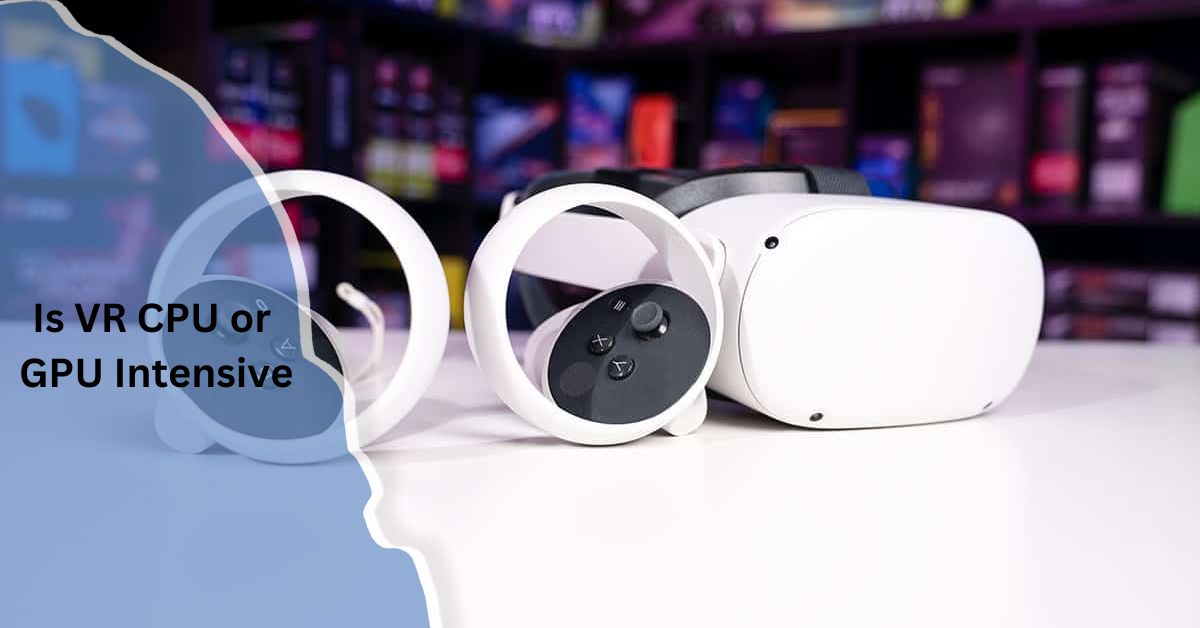
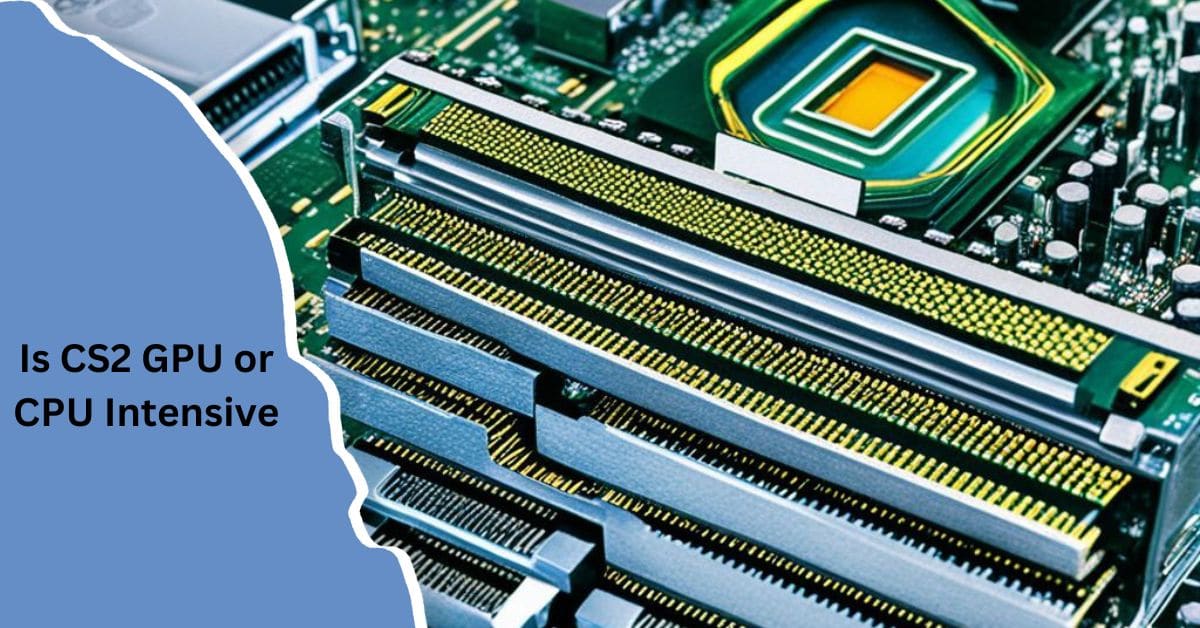
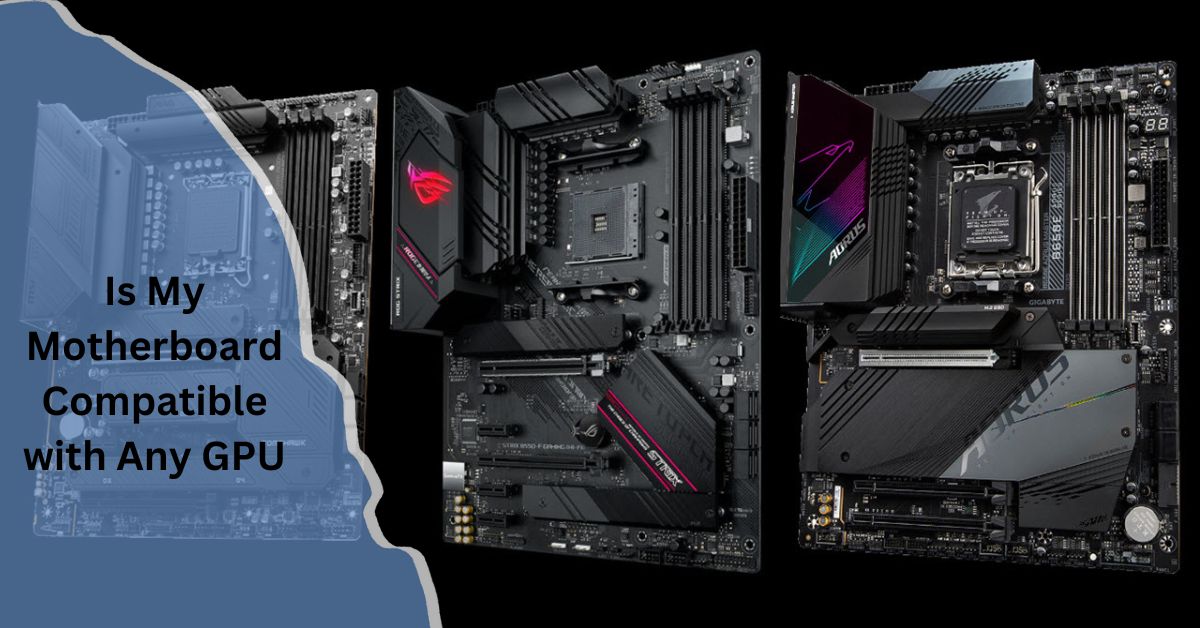




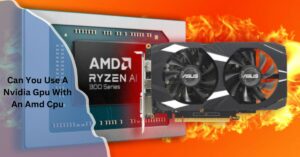

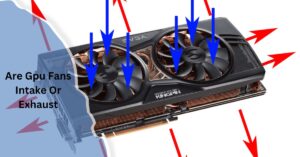
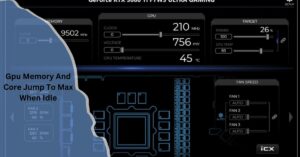

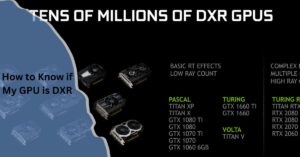
Post Comment